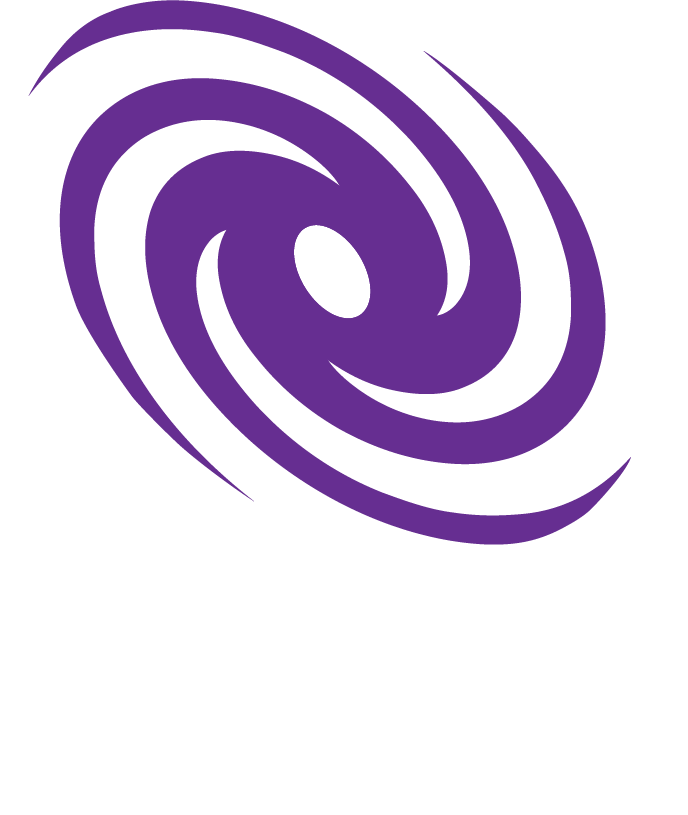Frequently Asked Questions
General Questions
How is GEVIP structured?
Members apply in the fall and typically join GEVIP during their sophomore spring (although juniors can be accepted as well, typically if they are transfer students). Sophomores begin by working through training modules, leading to a group starter project. During the fall of their junior year they also then read papers to develop their interests, leading to an individual Capstone Project proposal. Members then work on their Capstone Project until graduation. All members attend twice-weekly meetings (MW 4-5p) and present posters at the Undergraduate Research Forum (URF). GEVIP Timeline available on home page.
How many people are in GEVIP?
GEVIP typically hosts about 15-20 undergraduates, 5 graduate students, 1-2 postdocs, and the PI.
How am I compensated for my research?
Members typically earn research credit, choosing from one to three credit hours. Each credit hour corresponds to three hours of work per week. Members may be paid if they can find their own funding through the department or college.
Can I participate in research through GEVIP during the summer?
During the summer we encourage students to broaden their horizons via external REUs, both so you learn new topics and interact with different groups, and because our capacity to advise over the summer is reduced. If you are in Austin, and you can secure a fellowship funding(available through STEMx and the department), we will do our best to help you continue to make progress.
Application
When and where can I apply?
Applications are typically sent out in early October through the astronomy undergraduate email list and decisions are announced in November.
What is needed to apply?
The GEVIP application process consists of the application form which includes short non-technical response questions. Brief interviews may be held during the application process.
Who is eligible to apply?
Current sophomores with physics and/or astronomy related majors. Juniors with research experience are also considered.
What makes a strong applicant?
A strong applicant has a deep interest in research and galaxy evolution. Previous research experience (FRI or an intro to research course such as AST376R) can assist your application but is not required.
Do I need coding experience to join?
Some python coding and background astronomical knowledge is preferred, but in the first semester, members will complete coding modules to bring them to a level where they can complete their first project and develop their own future project.
Expectations / Commitments
What is the weekly time commitment?
GEVIP is a for-credit research group. For each credit hour, three hours of work are expected. There are at least two meetings each week. The weekly all-hands meeting is on Mondays. Every team member will give updates on their progress and paper presentations happen at this meeting. The working meeting happens on Wednesdays. Team members split up and workshop problems, discuss papers, or learn new techniques.
What are the expected outcomes of this group?
Members are expected to develop and conduct an individual Capstone Project. They are expected to present at the Undergraduate Research Forum every spring and students who are pursuing graduate school are encouraged to present at AAS in their senior fall semester. Capstone projects may also result in an AAS Research Note or a published paper if the member chooses to do so.
Is it difficult to balance research on top of classes?
From a current undergraduate: “While being in a research group does add more to your workload over a semester and you need to manage your time wisely, GeVIP is very compassionate when it comes to exams and personal complications.”
Projects
What is the research focus of GEVIP?
GEVIP focuses on galaxy evolution from an observational perspective. Our students study many aspects of galaxies at high redshift in order to make conclusions about galactic evolution as a whole. See “Our Mission” on the Home Page.
What data does GEVIP work with?
GeVIP works data from a variety of sources, including, but not limited to: JWST, Euclid, and HET.
Mentorship / Support
Who do you go to if you have questions about your project?
The purpose of GeVIP is to be a research group where undergraduates will have access to all levels of researchers (VIP – Vertically Integrated Program). Sophomores are assigned junior or senior mentors as well as a graduate student to help them along in their first project. In addition, a senior student leader is designated at the beginning of each semester; this leader holds office hours and works to answer questions that other undergraduates have. Additionally, all upperclassmen are assigned a specific graduate student or post-doctorate to guide them in their Capstone Project. In addition, every Wednesday, GeVIP holds a meeting to workshop individual problems with other undergraduates and graduate students/postdocs.
Will you get support when applying to grad school?
Absolutely! Our cohort is built to be a resource through all of your undergraduate needs including applying to graduate school. Prof. Finkelstein is always glad to help with advice, and he can work with you to develop a strong recommendation letter. Through the group you can get feedback on your applications.
Benefits
What are some advantages of being in this group?
The main advantage of GeVIP is the vertically integrated aspect where undergraduates have direct contact with graduate students, post doctorates, and Prof. Finkelstein as well as support from peers. The course is structured to build these relationships and assist in projects while also pushing you to pursue your research interests.
What skills other than coding are developed in this group?
In addition to coding, GEVIP gives members valuable experience in presentations both internally and externally at symposiums and conferences.
How is GEVIP different from other research groups?
GeVIP is one of the largest UT astronomy undergraduate research groups which allows for many opportunities and resources for undergraduates. In addition, this group is based on VIP, a research group model designed to build and support strong researchers along their undergraduate careers.
Are there leadership opportunities for undergraduates within this group?
At the beginning of every semester, committees or designated leaders are assigned for the Website and Paper archive. In addition, a senior leader is tasked with being a support for all undergraduates by holding office hours.
More Questions?
Take a look at the GEVIP Syllabus to learn more!
GALAXY EVOLUTION VIP
At UT Austin… “What starts here changes the world.”

